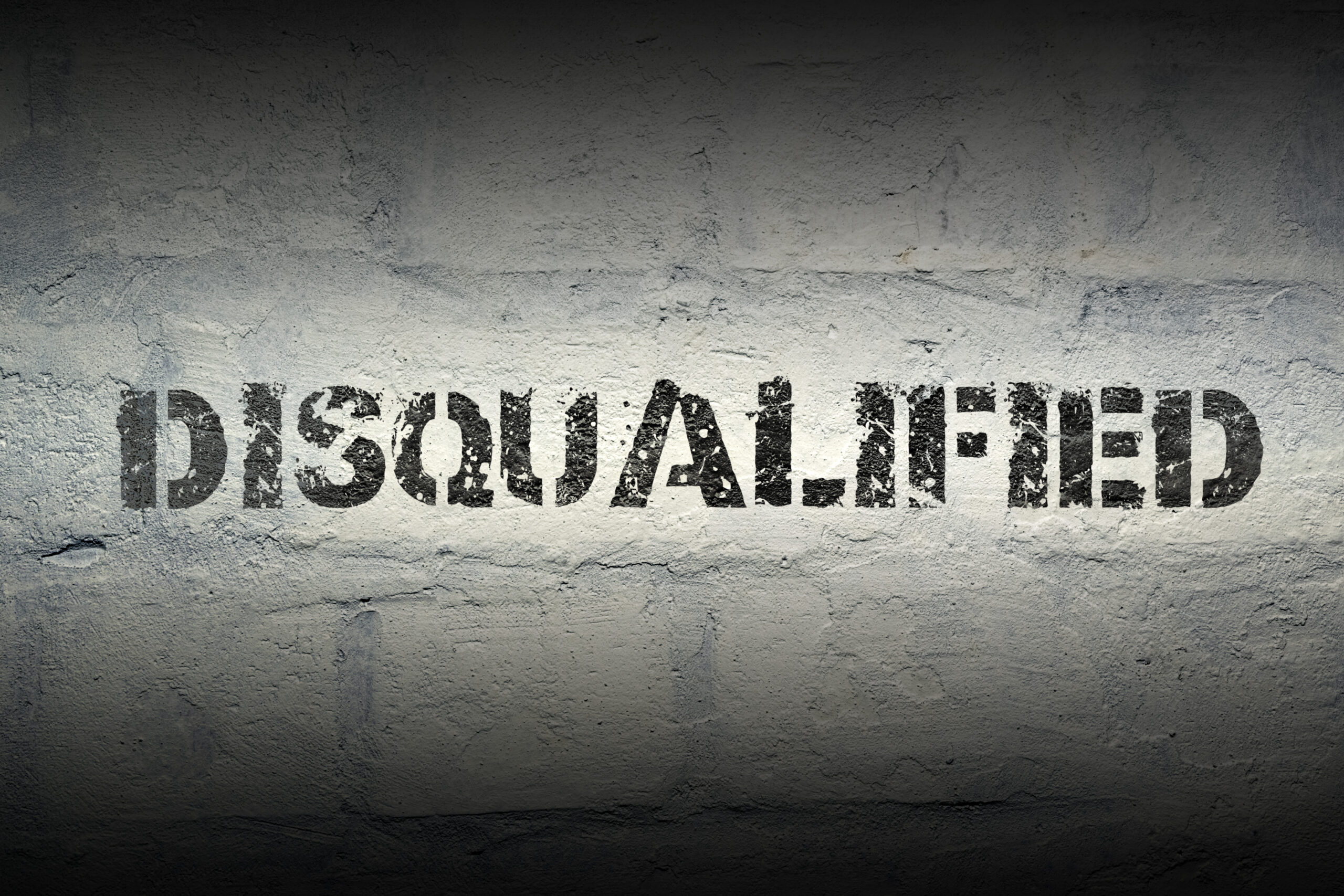During divorce, courts may award maintenance to help enable a financially disadvantaged spouse to maintain a reasonable standard of living. Getting disqualified from receiving ongoing maintenance payments can have serious consequences for the spouse who either anticipates or who has already been relying on it.
The common misconception that maintenance is an unconditional and permanent entitlement can lead to misunderstandings. In reality, there are specific circumstances that may result in disqualification from ongoing maintenance eligibility.
Remarriage
If the maintenance recipient enters a legal marriage arrangement, they may be disqualified from receiving maintenance payments. The rationale behind this is that the financial responsibility for the recipient may shift to their new spouse. Remarriage is seen as a significant change in the recipient’s financial circumstances, which may nullify the need for continued financial support from the ex-spouse. In such cases, the court may terminate or modify the maintenance arrangement based on the remarriage. This termination typically occurs because the purpose of maintenance—to provide support to a financially disadvantaged spouse—is considered fulfilled with the new marital arrangement.
Financial independence
The purpose of maintenance is to assist the financially disadvantaged spouse in maintaining a reasonable standard of living post-divorce. If the recipient achieves significant financial independence or experiences a substantial improvement in their economic situation, the court may consider it grounds for disqualification from maintenance. This change in financial circumstances could result from factors such as obtaining a well-paying job, receiving a large inheritance or successfully launching a lucrative business.
Cohabitation
If the maintenance recipient begins cohabiting with a new partner in a relationship that resembles marriage, they may face disqualification from maintenance. The rationale behind this is that cohabitation may lead to shared financial responsibilities similar to those in a marriage, thereby diminishing the need for continued support from the ex-spouse. Courts may view cohabitation as a significant change in circumstances and may choose to modify or terminate the maintenance arrangement accordingly.
Obligor spouse death
The death of the obligor spouse, the one responsible for making maintenance payments, can lead to disqualification from maintenance. maintenance obligations typically cease upon the death of either the obligor or the recipient spouse. This is because maintenance is a personal obligation tied to the financial capacity of the obligor spouse. In the event of their death, the court may terminate the maintenance arrangement as there is no longer a responsible party to fulfill the financial support obligation.
It’s important for individuals who are navigating divorce and maintenance considerations to seek personalized legal guidance based on their unique circumstances. At The Law Firm of Poppe & Associates, PLLC, our focus is relentless advocacy for our clients. If you or someone you know is considering divorce, reach out to schedule a consultation at 646-665-3903 or by contacting us online.
Let Me Be Your Brave

Mia Poppe, Esq.
Managing Partner

